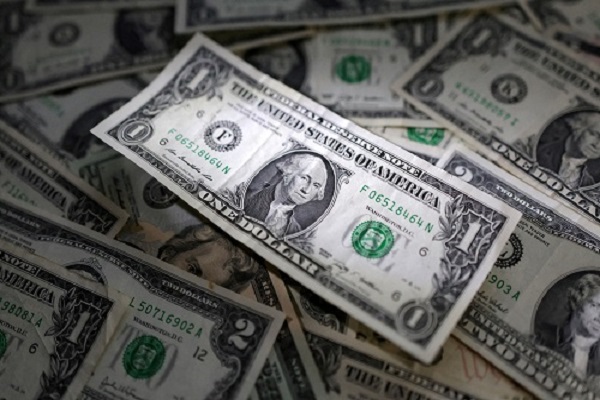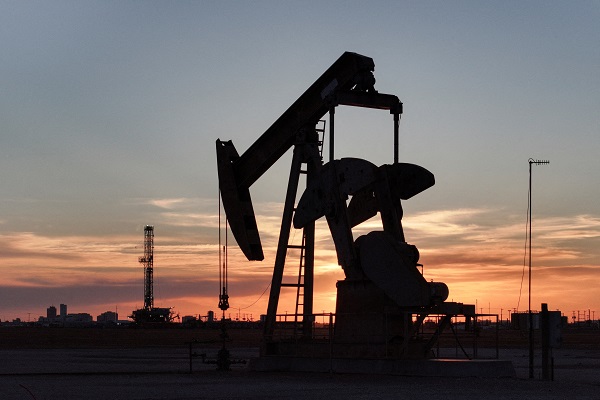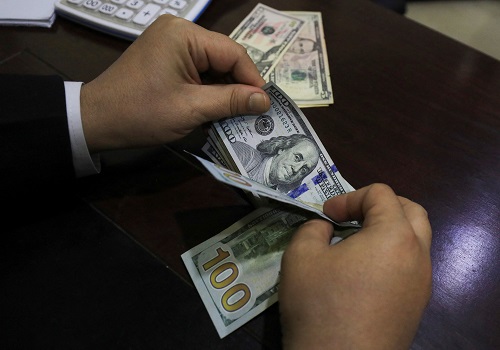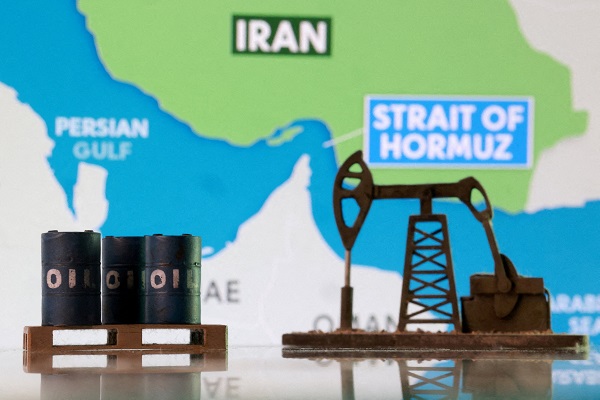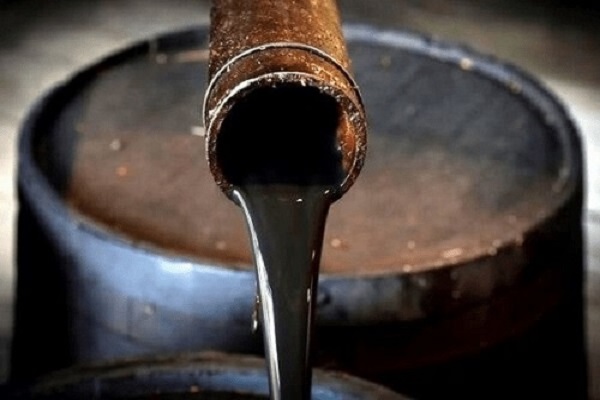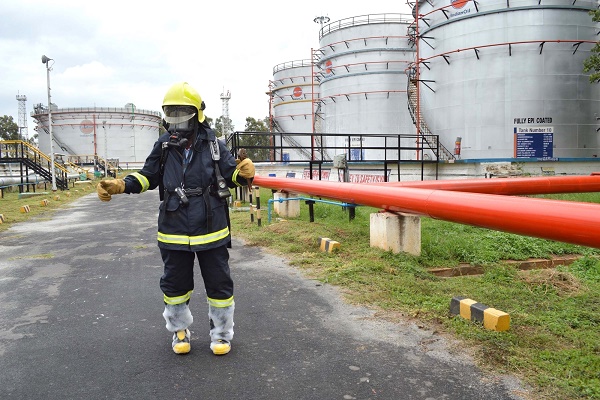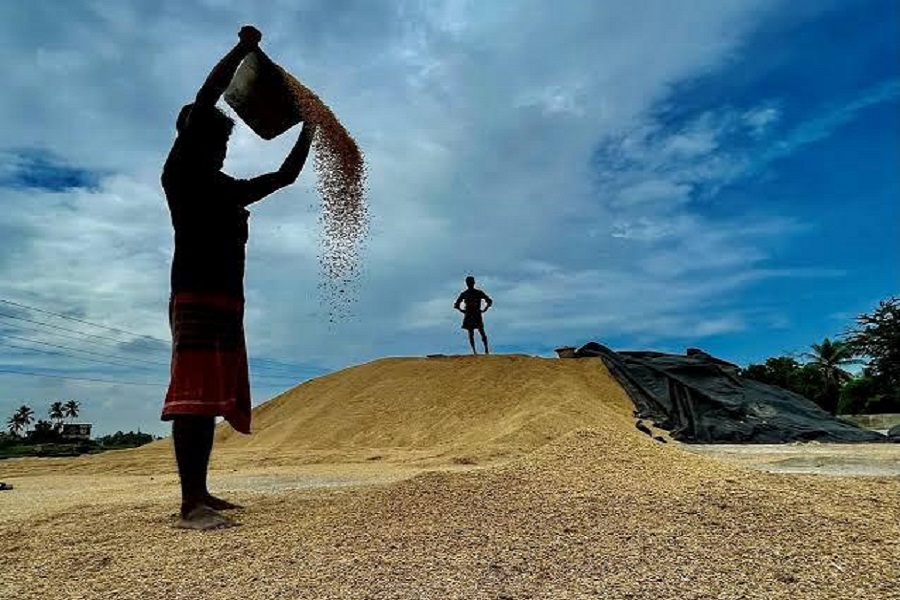Oil prices ease as Trump pauses decision on US intervention in Israel-Iran conflict

Crude oil prices eased in the global market on Friday, with the benchmark Brent crude futures trading 2 per cent lower at $77.24 a barrel, amid reports that President Donald Trump would take another two weeks to decide on whether the US will intervene in the escalating conflict between Israel and Iran.
White House Press Secretary Karoline Leavitt cited President Trump as saying: “Based on the fact that there’s a substantial chance of negotiations that may or may not take place with Iran in the near future, I will make my decision whether or not to go within the next two weeks.”
The oil market has reacted to Trump mentioning that negotiations could be held to ease tensions in the Middle East, according to analysts.
Iran has warned against US intervention in the present situation. Any such intervention would lead to further escalation of tensions in West Asia, the largest crude oil exporting region. A wider Middle East conflict with impact on Saudi Arabia, Iraq, Kuwait and UAE oil supplies can lead to a sharp spike in oil prices.
Israel’s strikes have targeted Iran’s nuclear sites and missile bases, but the Islamic country’s oil facilities have not been attacked.
Oil prices in the international market had jumped by more than 9 per cent on June 13 after Israel’s attack on Iran’s nuclear facilities and missile production sites led to a further escalation in geopolitical tensions in the Middle East.
The price of benchmark Brent crude surged by over $6 to cross a five-month high of $78 per barrel.
The Israeli attack comes against the backdrop of talks on a nuclear deal between the US and Iran having soured, and Tehran stating that if it is attacked, it would retaliate against US bases in Iraq and adjoining countries. Meanwhile, the US has moved another aircraft carrier to the region to beef up its military presence.
According to a report by Emkay Global, Iran produces around 3.3 million barrels per day (mbpd) of crude oil (3 per cent of global) and exports around 1.5 mbpd, with China being the main importer (80 per cent), followed by Turkey. Iran is also on the northern side of the Strait of Hormuz/Persian Gulf through which 20mbpd+ of oil trade flows from countries such as Saudi Arabia and the UAE. In the past, Iran has warned of blocking this route.
However, with OPEC+ announcing another higher-than-expected production hike in July, fundamentally oil markets remain well supplied and further Iranian supply cuts can be accommodated, the Emkay report states.
As far as the impact on the Indian economy is concerned, the report states: “As of now, we are not changing our forecasts and continue to see CPI inflation undershooting RBI’s estimate of 3.7 per cent to average much lower 3.3-3.4 per cent in FY26. We note every $10/bl increase in oil leads to annualised gain of 35 bps in CPI inflation".
Emkay Global said it maintains FY26 CAD/GDP at 0.8 per cent, at Brent 70/bbl, with every 10$/bbl leading to upside risk of 0.4-0.5 per cent, other things remaining equal.
“Our Energy team maintains a positive view on India’s oil market companies on the back of strong marketing margins and core GRMs (gross refining margins), also holding up to $75/bbl Brent for the remaining part of the year. Our estimates don’t see downside risks, the report added.




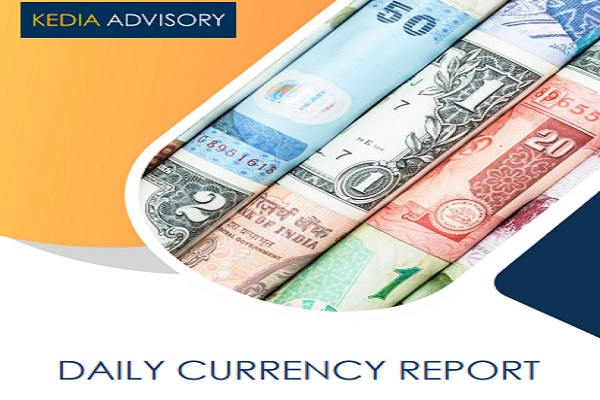
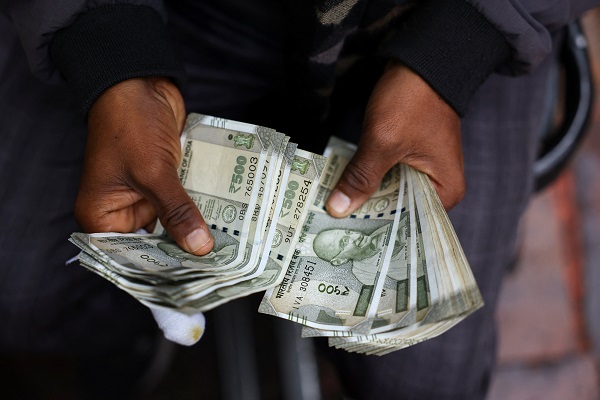

.jpg)
